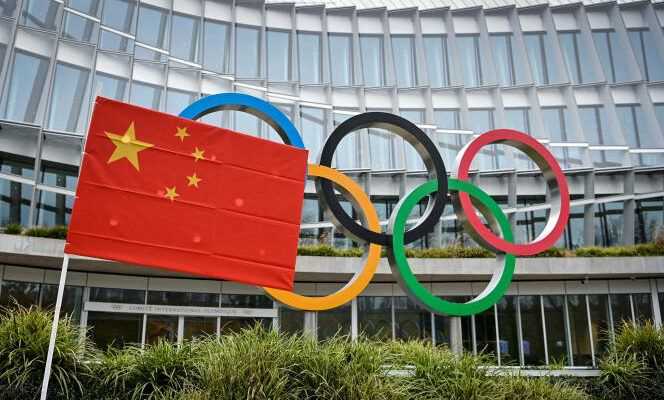There are other fields than football stadiums or basketball halls where world sporting rivalries are played out. In the cozy lounges of Lausanne, Zurich or Basel, the headquarters of most of the Olympic federations, the geopolitics of sport is made and undone. And China is fully playing its part.
Active in hosting major sporting events, as shown by the organization of the Summer Olympics in 2008 and then the Winter Olympics in Beijing in February 2022 – a first in history for the same city -, committed to football through in particular the construction of numerous sports infrastructures in Africa – its “stadium diplomacy” -, China is also working behind the scenes to invest the management of international federations.
Among the forty or so Olympic “federates” (winter and summer), only one – that of sailing – has been chaired, since November 2020, by a Chinese. This is not much, compared to those chaired by Europeans (26) or even Russians (3), but as much as the United States, which only heads the ITF, the body which governs world tennis.
“To occupy the presidencies of international federations, it is often necessary to have occupied vice-presidencies or to have been member in executive committees, it is often where the power is the most important”, observes Jean-Loup Chappelet, professor emeritus at the University of Lausanne.
The important thing, in order to make your voice heard and serve your interests, is therefore to set foot within these federations. The Chinese have understood this well, they now hold five vice-presidencies: “They weave their networks much more discreetly than the Americans, who are only interested in management positions”, slips a fine connoisseur of representative bodies of sport.
“China makes a bet”
Until the 1950s, however, sport had no political value in the eyes of the Chinese; it was only practiced for recreational or military purposes. With the Cold War, the country realized that “The Olympic Games are not just sport”, notes Carole Gomez, research director at the Institute for International and Strategic Relations (IRIS).
After the implementation, in the years 1970-1980, of the doctrine of “Juguo Tizhi” (“popular support for a sports elite”), “It is no longer just a question of participating but of excelling in international competitions and making a whole country proud”, continues the specialist in the geopolitics of sport.
You have 52.03% of this article to read. The rest is for subscribers only.
